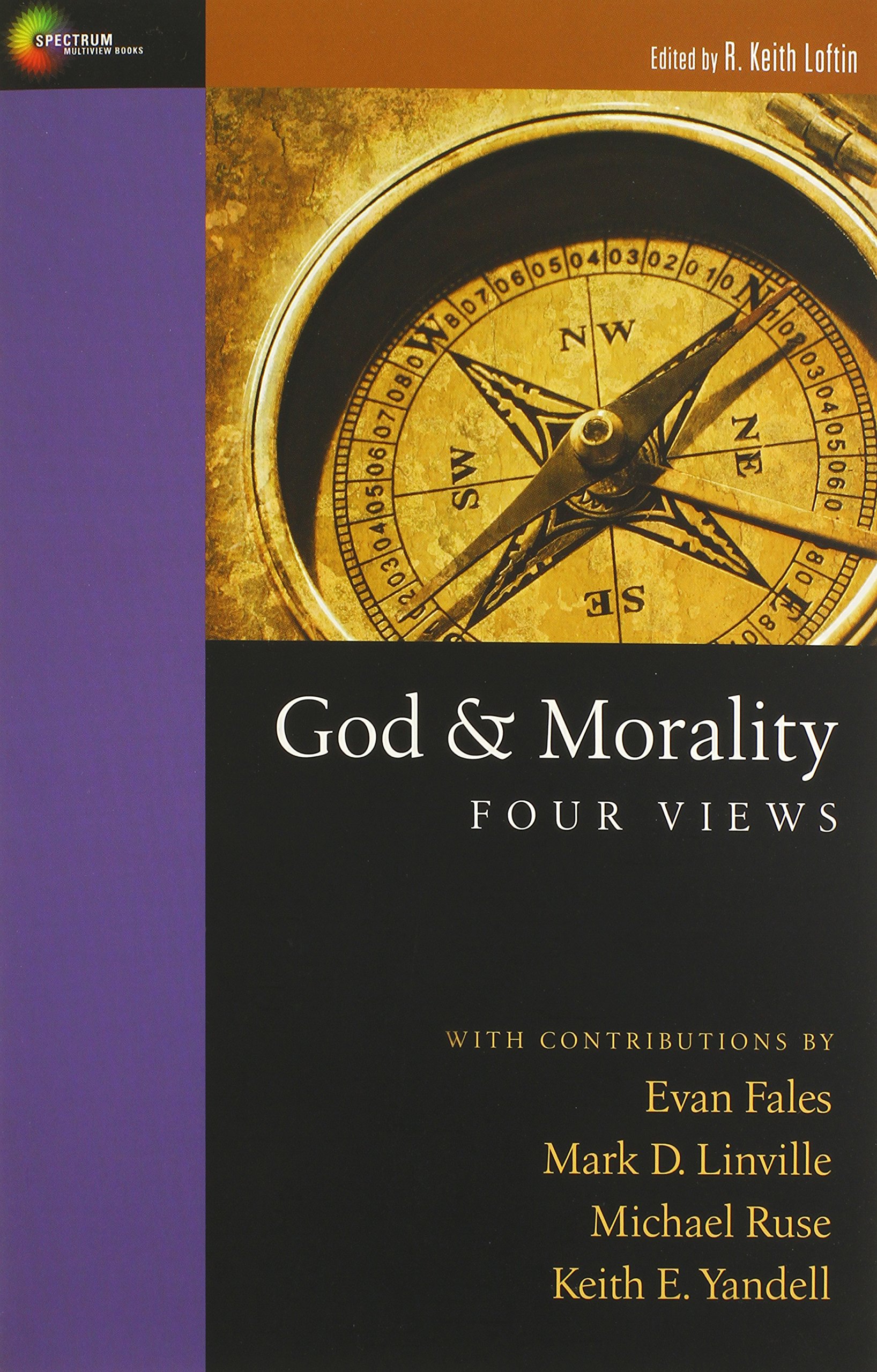We recently featured God and Morality: Four Views as a solid work for you biblical folk who are interested in philosophy and especially ethics. To follow up, we interviewed the editor of the volume, Keith Loftin, Assistant Professor of Philosophy and Humanities at Southwestern Baptist Theological Seminary.
I met Keith randomly at a conference and he had the misfortune of getting stuck at my table at several meals, but he persevered. He’s quite friendly and quite southern, which may be why I enjoyed his company so much (I’m a Missourian/Texan displaced to Philadelphia)! We hope this interview will be useful for those interested in the intersection between biblical studies, philosophy, apologetics, and ethics.
Exegetical Tools:
Your book is a very accessible resource for understanding various positions of the “moral question,” whether absolute morals exist and how they are grounded. How is the “moral question” relevant for biblical students and pastors? (In other words, why should we biblical guys read your philosophy book?!)
Keith Loftin:
C. S. Lewis, in Mere Christianity, writes that “you find out more about God from the Moral Law than from the universe in general just as you find out more about a man by listening to his conversation than by looking at a house he has built.” Thinking carefully about the connection between God and morality has apologetic value, as Lewis notes. Indeed, Lewis and a great number of other Christian apologists have thought the connection such that an argument from morality to the existence of God is possible. Beyond that, such an inquiry involves thinking about both the nature of God (e.g., His omnibenevolence and aseity) and the nature of mankind (e.g., our origin and moral knowledge). As we are moral creatures, there is also, I think, within each of us an innate interest in the nature and source of morality. My hope is that this book will be helpful to readers, whatever their background, in thinking clearly about these matters. At the end of the day, I don’t think the line between “theology” and “philosophy” is as definite as Enlightenment thinkers would have us believe.
ET:
In your opinion, what position on the “moral question” is most faithful to orthodox Christianity?
Loftin:
Good question! If the “moral question” is whether moral values are subjective or objective in nature and, in any case, where they originate, then Christians are responsible to consider their response in relation to orthodoxy. Keeping in mind that these are meta-ethical questions (not ethics proper), it seems to me that several positions are compatible with Christian orthodoxy. Within the book both Yandell and Linville are Christians who defend views which are compatible with the central tenets of Christianity. Neither of the “naturalist” positions, it seems to me, will fit comfortably with traditional Christian orthodoxy–although Michael Ruse suggests his view is (at least somewhat) compatible with Christianity.
ET:
Are there major positions that you left out of this work for the sake of space? What are they and why did you select these four views for inclusion?
 Loftin:
Loftin:
Oh yes, a number of positions are omitted from the book due to space limitations. I would’ve liked to include, for example, the contribution of a pantheist such as John Leslie or a hard-line theological voluntarist. My aim in including the four views I did–Naturalist Moral Realism, Naturalist Moral Nonrealism, Moral Essentialism, and Moral Particularism–was to present to the reader what I take to be the most common and contrasting positions on the basic questions each contributor addresses.
ET:
What are the questions the contributors address?
Loftin:
Each contributor offers a positive defense of his position that includes a discussion of (a) the nature of moral values and duties (whether objective or not and why), (b) the Euthyphro dilemma, (c) his moral epistemology, (d) God’s role (if any) vis-à-vis morality, and (e) the relevance of his position to the concerns of contemporary society.
ET:
Can you recommend further reading for those with an interest in deeper discussion of these various positions?
Loftin:
Each chapter of the book contains footnotes that point readers to further sources, but here are a few suggestions: (i) Scott Rae, Moral Choices (ii) Robert Garcia & Nathan King, eds., Is Goodness Without God Good Enough? (iii) Russ Shafer-Landau, Moral Realism: A Defence (iv) J. P. Moreland and Kai Neilsen, Does God Exist? The Debate between Theists and Atheists
Thanks so much to Keith for taking the time to answer our questions.
Find his book here on Amazon.

